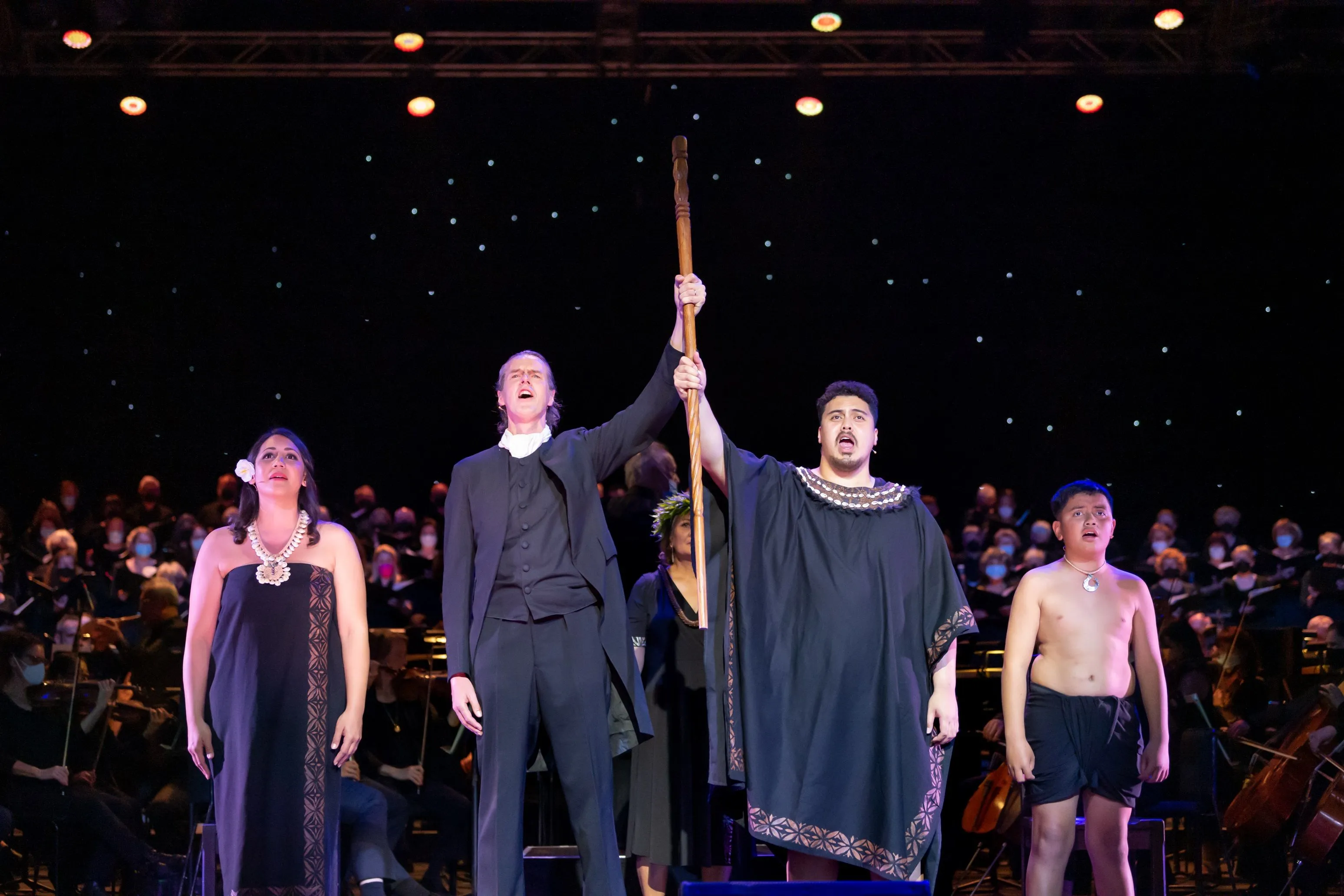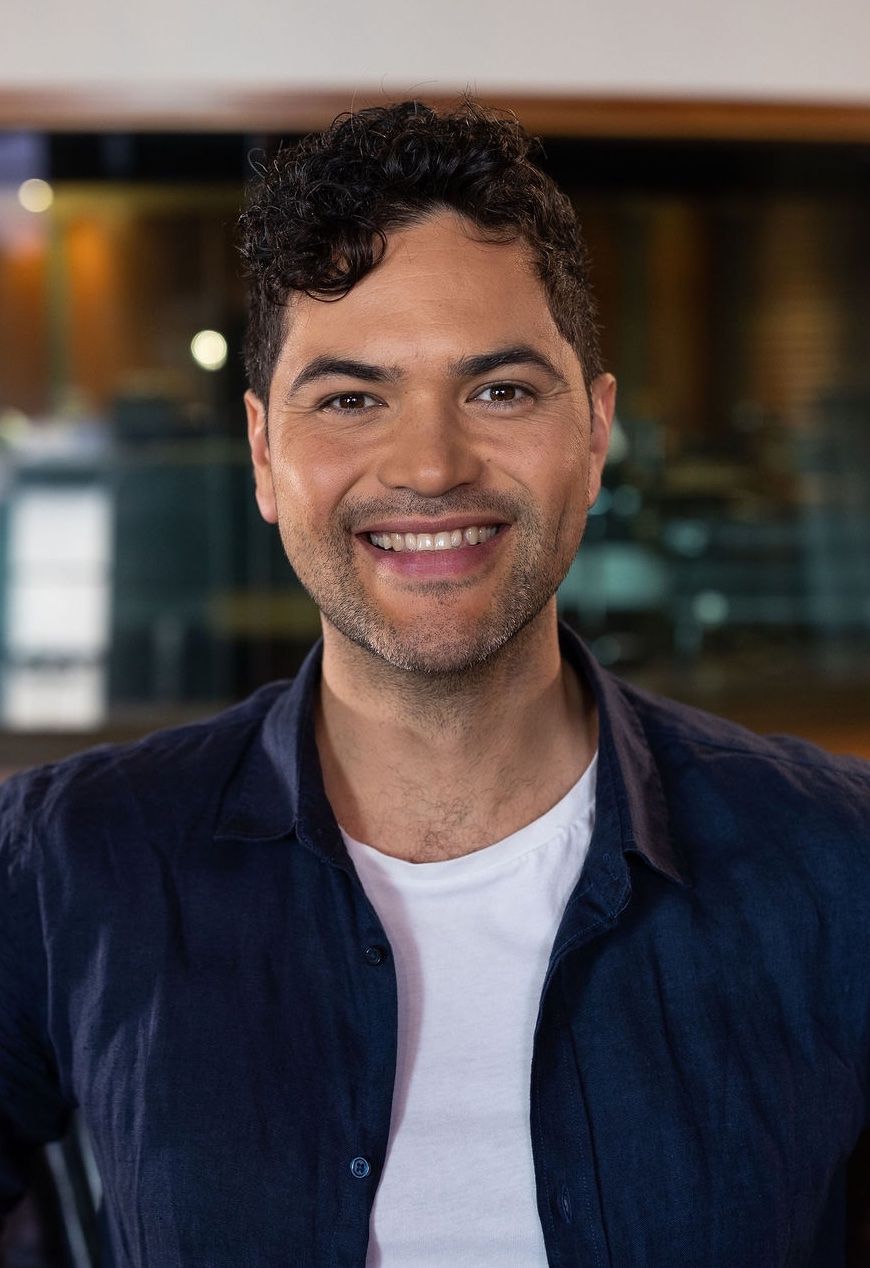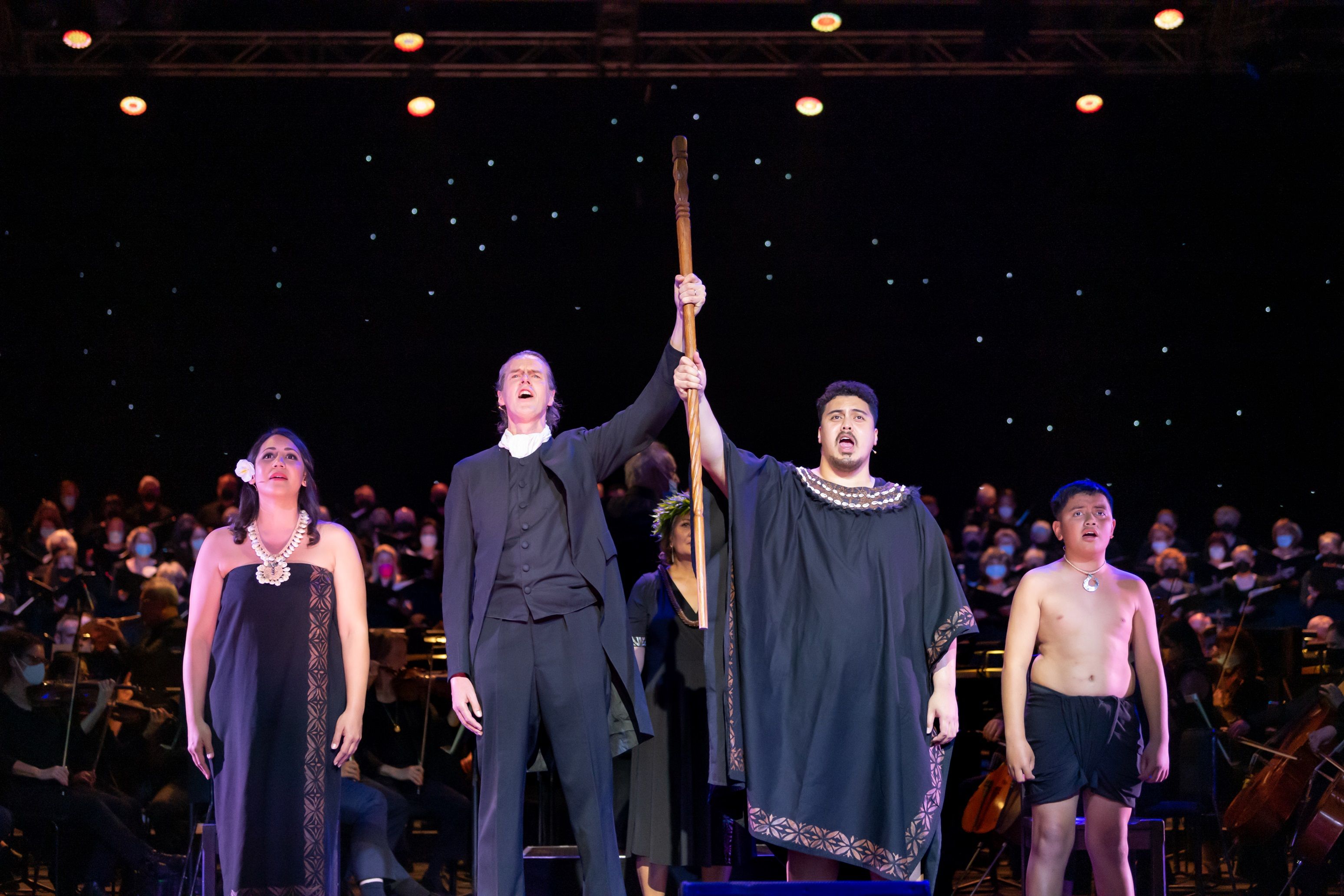New Forum Eager To Smash Creative Stereotypes
Finding ways to bring in fresh storytelling talent has sparked an initiative from Opera NZ that could be an important step in its evolution.
Written by

Storytelling is central to all creative endeavours - so why have closed doors when it comes to who you let tell them in your discipline?
When it comes to preconceptions of rigidness and approachability, opera as an art form would be considered by many to be near the top of the tree.
Those stereotypes are among the topics in the firing line as New Zealand Opera (NZO) tries to open its doors as wide as possible, with the announcement of the inaugural New Opera Forum at Waikato University (22-26 April).
Its purpose is to create "a space for story-telling creatives in Aotearoa to gather together and consider the essential steps required before starting new opera projects."
NZO's eager for expressions of interest from music-based and text-based storytellers to take part in a week-long wānanga to explore the mechanics of the genre.
When asked by The Big Idea what prompted this new concept, NZO General Director Brad Cohen says it was born from two questions: "How can we support new work from the very beginning, to give it the greatest chance of success and longevity?" and "How can we welcome powerful storytellers into the operatic tent, including those who feel that opera’s image has become one of exclusivity and entitlement?"
Detailing their desire to break down the walls of exclusion, Cohen notes "We are seeking participants who share one quality: they both have the gift and the need to tell stories to communities, and an interest in possibly using opera as a medium.
Opera, after all, is just storytelling through the power of the human singing voice.
"We’re not describing participants as composers and librettists in this context - but rather as music-based and word-based storytellers.
"In this way, we want to open space for new voices – alongside experienced and still-curious voices - for a week of discussion and exploration."
Changing the support structure
Even for those already armed with the tools and knowledge, creating new works and being supported for it can be a challenging endeavour, according to Cohen.
He explains "Opera commissioning has become a very expensive status activity in much of the opera world, with poor outcomes and success rates.
"Sometimes it can feel like 'Here’s $xxxxx in commissioning money. Now go away and we’ll see you in three years with a masterpiece'.
"We need to support creators much better than that, to properly resource them as they wrestle with the complex nature of opera."
Cohen details "In the early 1990s, I was heavily involved with the Almeida Opera Festival in London, where every summer the Almeida Theatre was populated with opera premieres and performances, pretty much all brand-new work. And our strike rate of success in those years was good. But that supportive environment around new opera has thinned in subsequent decades, and opera commissioning is now a high-risk speculation with not very much support offered.
"By the time the workshops happen, it’s often too late to address fundamental - and sometimes avoidable - difficulties with the architecture of the work. The write-off rate of new opera is pretty troubling, and this would be acknowledged and confronted as such in many other fields."
International expertise
Along with inviting NZ and International artists and arts administrators to contribute to individual sessions, they've called in some headline heavy-hitters for the week-long residency as well.
Composer Jonathan Dove has more than 30 operatic works to his name, making him one of the most-performed living opera composers. That includes his television opera When She Died, which was seen by more than 2.5 million people worldwide.
Playwright and librettist Alasdair Middleton works across opera, dance and theatre - with a versatility that has earned commissions from the Royal Opera House, Opera North and the Berlin Philharmonic.

Locally, reo Māori expert and classically trained opera singer Kawiti Waetford (Ngāti Hine, Ngātiwai, Ngāti Rangi, Ngāpuhi) will be invaluable in connecting te ao Māori perspective into proceedings.
Cohen declares that the forum is not about prescribing solutions as to what constitutes successful new opera works, but rather asking what artists need to enjoy a collaborative and sustainable creative process.
"I think of our inaugural forum this year as being about ‘opera plumbing’.
"Before the notes and words get put on paper, before the style and staging is considered, before any announcement is made - we want to give artists space to explore some primary considerations, such as:
"Whose story is this? Is it a resonant one for audiences and communities? Do we have the consent of the original writer, if necessary, to create an opera from it? What might this story suggest as to the shape and size it wants to fill? What are its challenges?
"All of those questions are dramaturgical – that is, they consider the questions at the core of storytelling.
"We’re very clear at NZ Opera that we are not seeking to bless one style above another, to dictate to writers and musicians what kind of work they make, or to control the tone of the work.
"In our forum, we are not gatekeepers but enablers: what point do we best begin from, to tell stories which will resonate with audiences and create alternatives to our -sometimes deeply problematic - existing opera stories?"
Viva la evolution

Opera is an example of a creative genre that can't afford to rest on its historical laurels - tradition is important but so too is evolution.
Cohen agrees "In the natural world, evolution happens through cross-breeding and chance encounters, within an enabling environment, and all three of those elements intentionally form part of our forum.
"Although we are not expecting performance outcomes at the end of the week, we are very much hoping for fertile minds to leave carrying a seed for the following months and years, with our ongoing support. This is a great opportunity for us to re-set expectations, understanding and a sense of possibility about new opera work in Aotearoa."
The participation fee is one that won't fall in everyone's financial wheelhouse - $499 for the full week (which includes being fed and watered three times a day) but NZO's expressed that four full scholarships will be made available for artists for whom cost is a barrier.